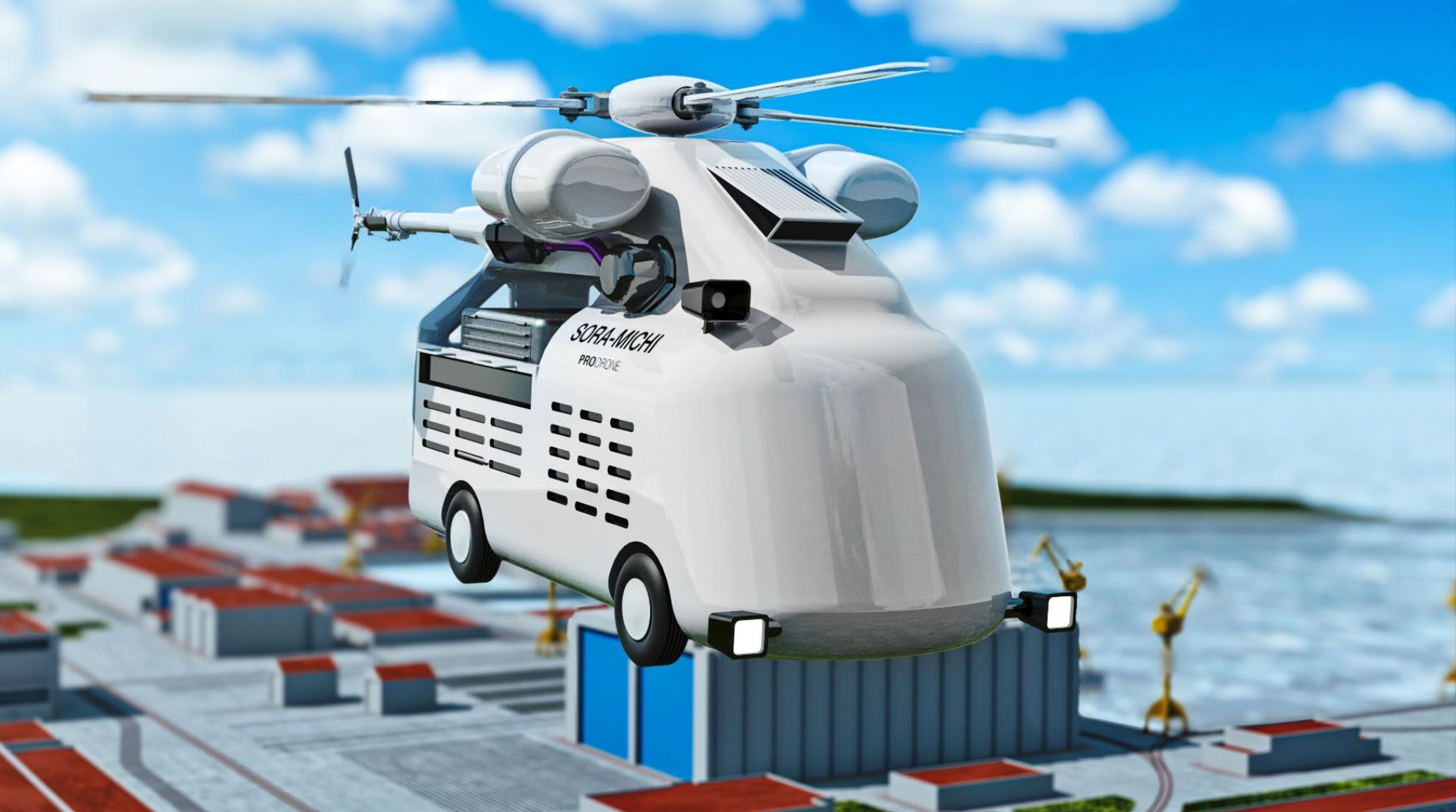Aichi Prefecture, Japan’s renowned manufacturing hub, is actively advancing open innovation cooperation with Chinese companies and universities.
Since 2019, the Aichi Prefectural Government has gradually established strategic partnerships with organizations such as Tus-Holdings (formerly the Science Park Development Center of Tsinghua University), Shanghai Jiao Tong University, and Zhejiang University, through the Aichi-China Innovation Program, developing an innovative ecosystem that connects China and Japan, and assisting Aichi-based startups in entering the Chinese market.
In December 2023, Aichi officials, along with representatives from major companies and promising startups within the prefecture, visited Beijing and Shanghai to engage with Chinese business representatives, investors, and startups interested in entering the Japanese market.
Aichi is increasingly recognized as one of Japan’s leading regions for innovation. Station Ai, Aichi’s core innovation project and the largest entrepreneurial incubation facility in Japan, is scheduled to be completed in October 2024, aiming to attract international investment institutions and startups to settle in Aichi and lay the foundation for nurturing unicorn companies.
Aichi: A global city spurring innovation
Upon completion, Station Ai will form the core of Aichi’s innovation ecosystem, strengthening its ties not only with Tokyo and other parts of Japan, but also the rest of the world. This connection will promote synergies between startups, investment institutions, and universities across borders, contributing to Aichi’s vision of becoming a best-in-class driver for innovation.
In addition to commercial offices, a select number of spaces within the Station Ai compound will be open to the public, including cafes and eateries, to promote interaction with local residents and foster a forward-looking, creative space.
To attract more startups, particularly from abroad, the Aichi Prefecture will offer business support to overseas startups, facilitating connections with major companies and investors.
The Chinese market has the potential to become an important component of Aichi Prefecture’s innovation ecosystem. Accordingly, Aichi is committed to assisting local startups in entering the Chinese market, encouraging open innovation cooperation between local companies and Chinese startups, as well as supporting student exchanges between schools of the two countries.
Aichi-China Innovation Program: Exploring synergies in Beijing and Shanghai
As part of the Aichi-China Innovation Program, a delegation was invited to visit various institutions in Beijing and Shanghai for immersion and to explore cooperation opportunities. In Beijing, the delegation visited Tsinghua University, Tus-Holdings, Junlian Capital, and “Apollo Park,” Baidu’s autonomous driving application test base. Tus-Holdings plans to cooperate with Tsinghua University to promote the entry of technology startups into Japan’s healthcare sector.
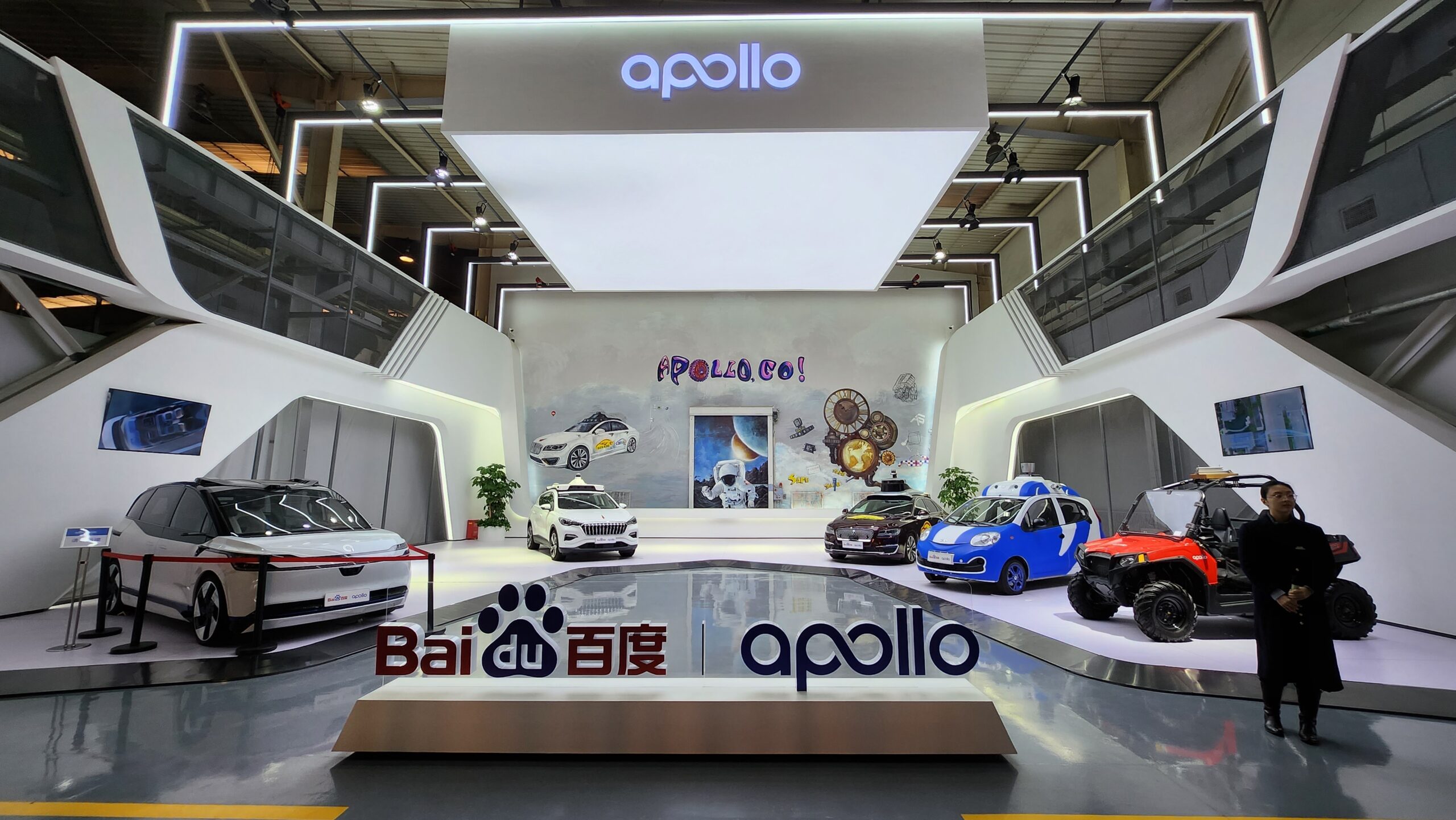
In Shanghai, the team visited Neobay, a high-tech enterprise park adjacent to Shanghai Jiao Tong University. Several overseas institutions are stationed within Neobay and the park regularly holds activities in collaboration with universities in France and Singapore. During the visit by the delegation, both sides discussed the possibility of connecting Neobay with renowned universities in the Aichi Prefecture, such as Nagoya University.
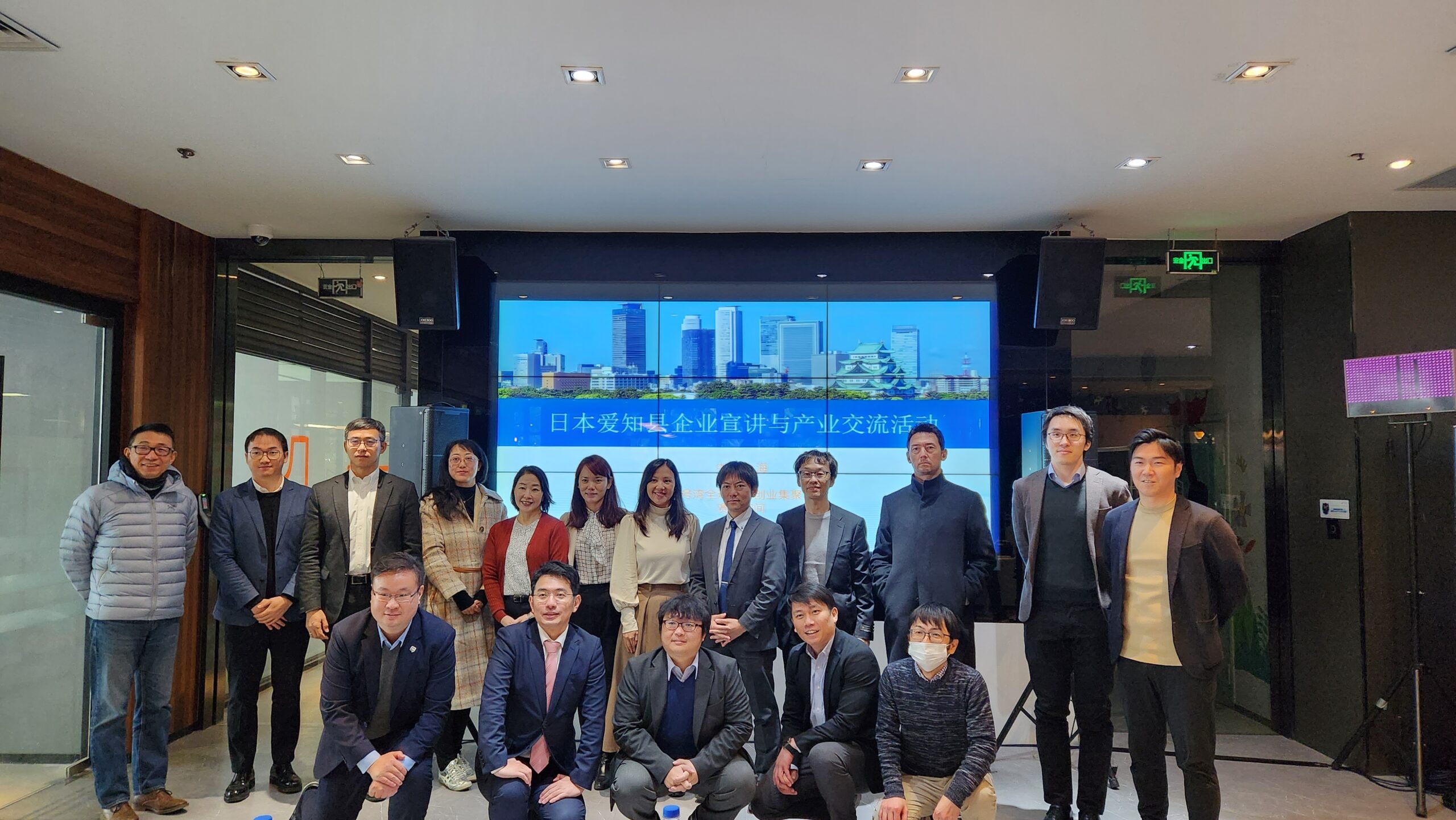
In Japan, a significant number of startups have emerged to address social issues such as an aging population, declining birth rates, and rural depopulation. Representatives from some of these startups were part of the delegation and showcased their technologies and products during their visit to China.
With Tus-Holdings’ support, over 50 Chinese investors and company executives interested in cooperating with Japanese startups attended the program’s pitch event. Three notable profiles that pitched during the event, subsequently receiving business and investor offers, include:
- Patrade is a company that specializes in leveraging IP assets to generate revenue. The company also facilitates IP utilization and matching, and aim to support the utilization of Japanese patents in China and vice versa, creating new business opportunities.
- Hubbit develops artificial intelligence-based services for seniors who are not proficient in using technology, aiming to improve their quality of life while alleviating the workload of healthcare professionals. The company is seeking business opportunities and partners in China, where aging demographics are rapidly increasing.
- Olive achieves emotion visualization using multimodal emotion recognition technology. The company is exploring the possibility of collaborating with Chinese companies operating in various fields in China, to enhance automotive safety, upgrade office environments, lay the groundwork for mental healthcare, and delve into retail opportunities. Olive has ongoing collaborations with major Japanese companies like Fujitsu and Shochiku.
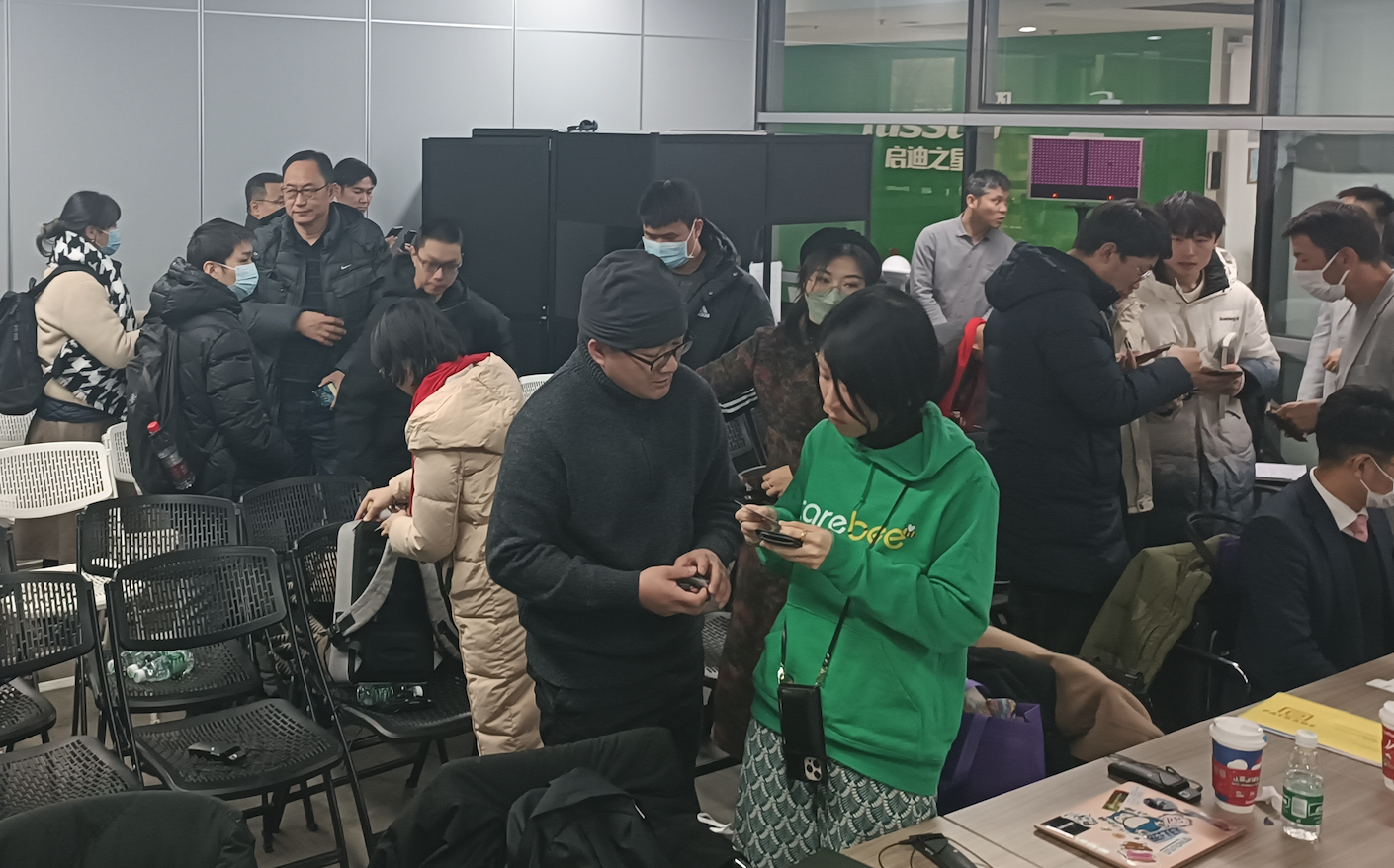
For Chinese startups seeking global expansion into new markets, Japan is shaping up to be an attractive option. Companies like Patrade, Hubbit, and Olive demonstrate the potential synergies that they can tap into. Meanwhile, strong support from local government bodies, such as the Aichi Prefectural Government, and an abundance of business opportunities inherent in the country’s current landscape, further enhance Japan’s attractiveness as a destination for expansion.
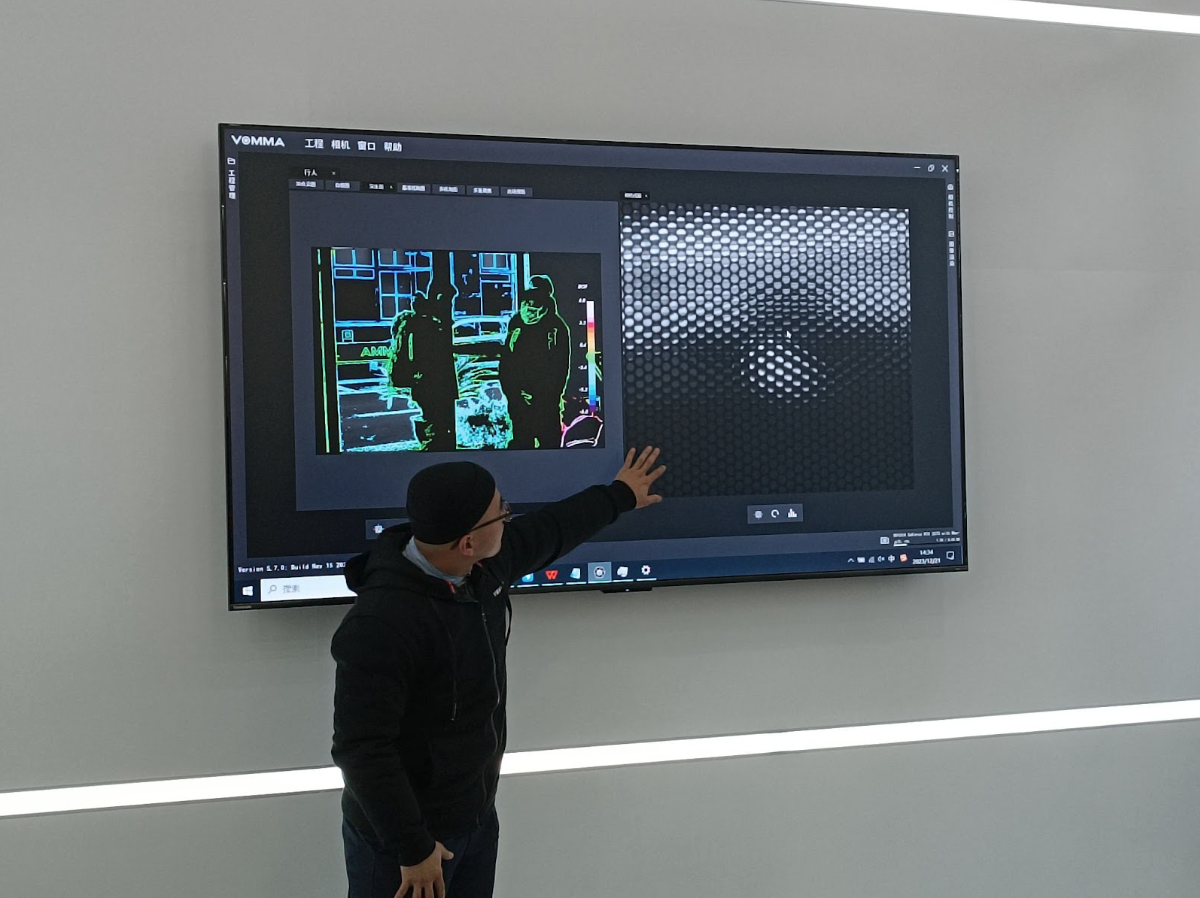
As one of the regions actively promoting cooperation with China, the Aichi Prefecture has laid the foundation for future collaborations between Japan and China through the recent iteration of the Aichi-China Innovation Program.

